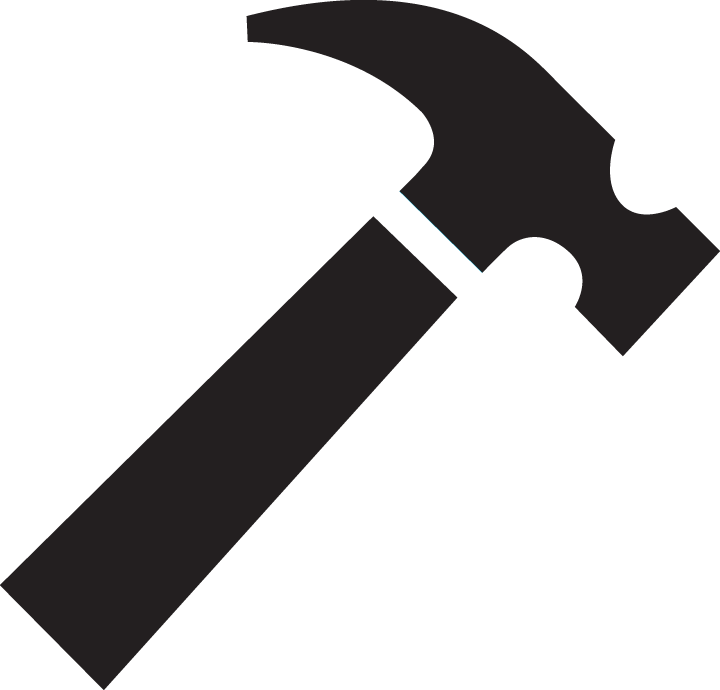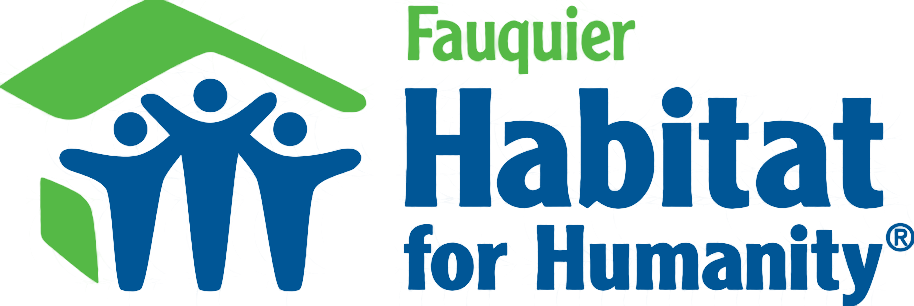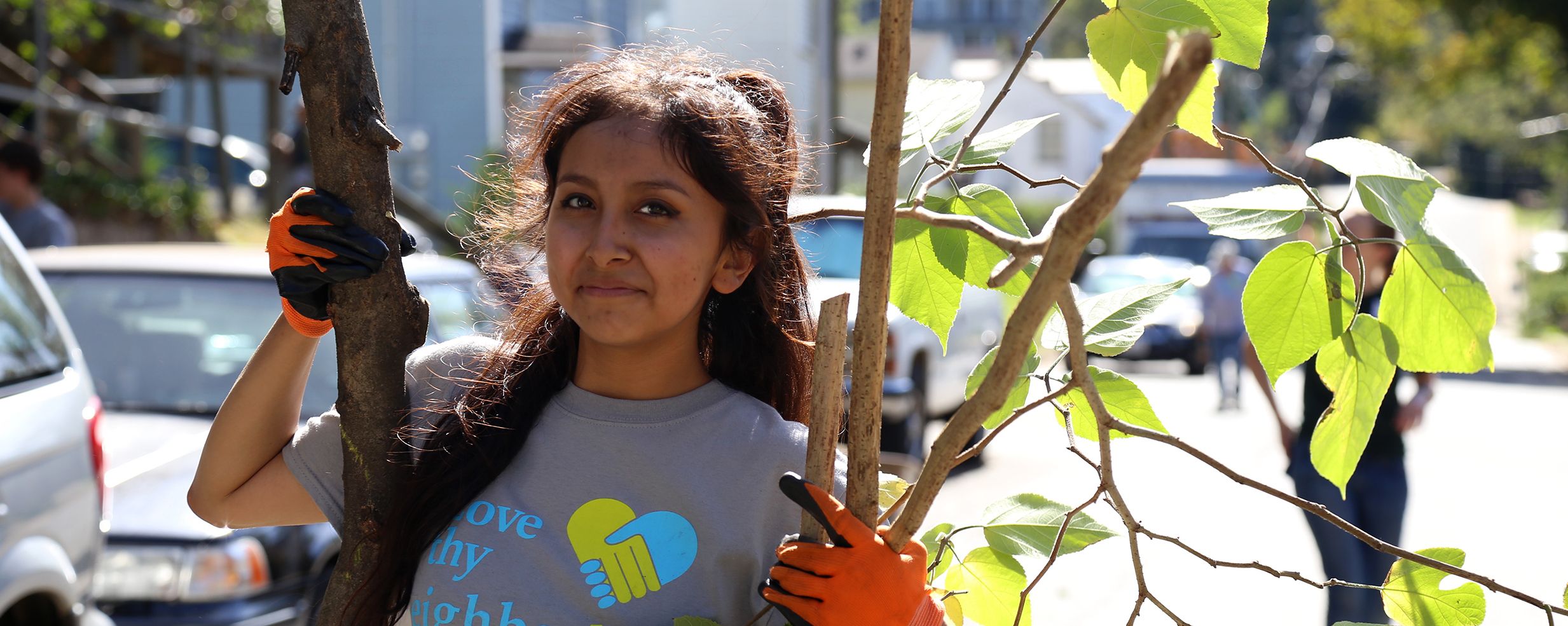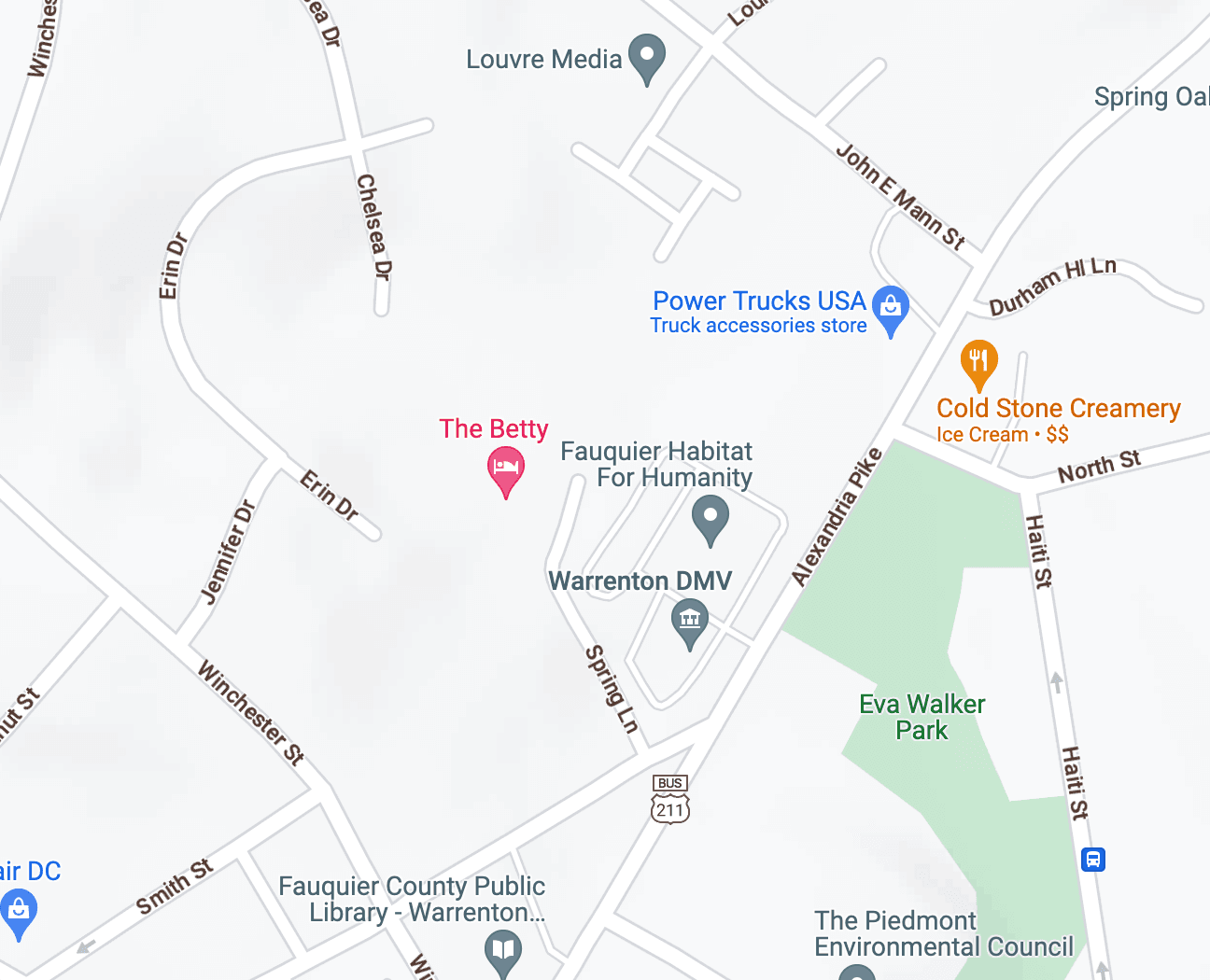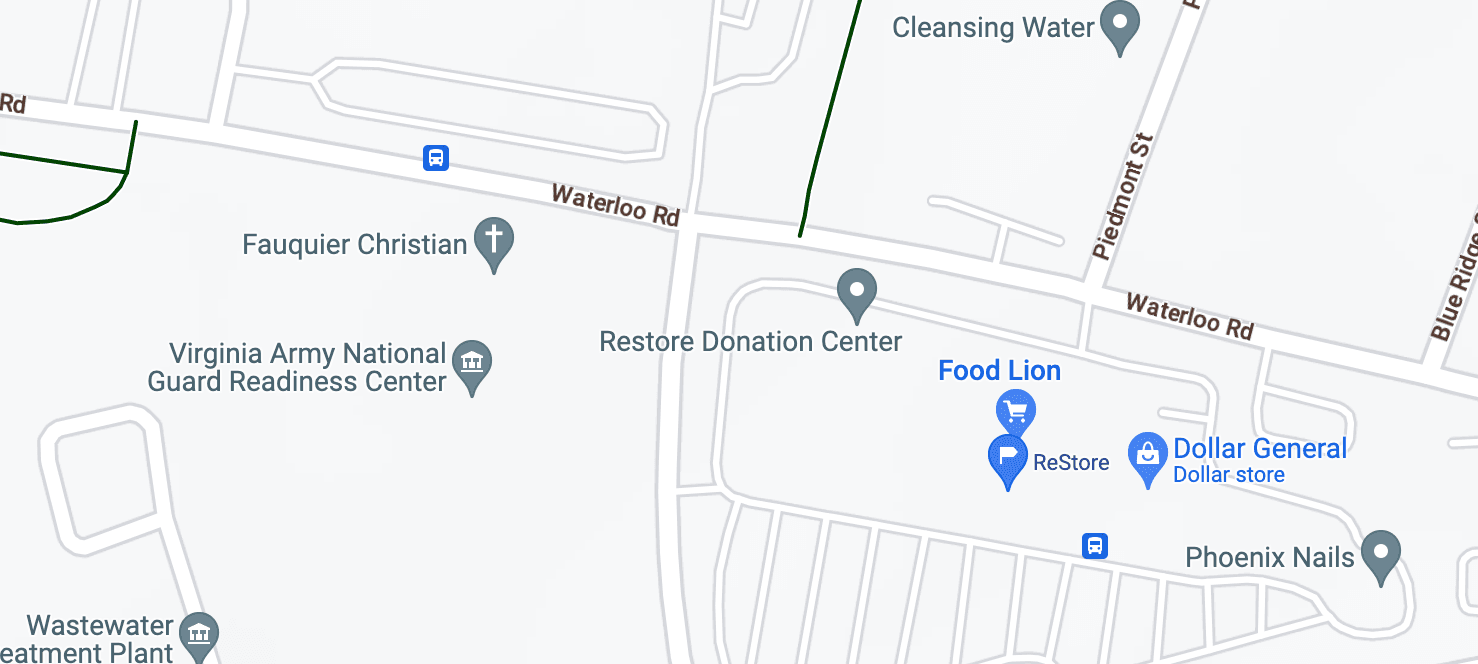Fauquier Habitat for Humanity's Neighborhood Revitalization (NR) program is based on an asset-based community development model that places residents as primary stakeholders and drivers to develop a collective vision for an improved quality of life in their neighborhood.
Habitat for Humanity International embraced this model for Neighborhood Revitalization as it came to understand that building houses alone does not fix the systemic, generational problems that plague underserved communities. Our current focus neighborhood, on and adjacent to Haiti Street/Eva Walker Park in Warrenton, is a historically African American neighborhood with a rich history of family and social relationships and community engagement. Eva Walker, for whom the adjacent park is named, was a neighborhood resident, entrepreneur, and civil rights activist instrumental in local desegregation efforts.
Models that “push” services to communities without understanding from those who are impacted what their needs are or not engaging them as partners and stakeholders are ultimately unsuccessful as there is no sense of ownership or agency on the part of residents and other stakeholders. The asset-based model employed by Habitat engages residents to identify the issues that negatively impact the neighborhood and work with them to “pull” the needed resources. To support this approach, Habitat for Humanity International developed the Quality-of-Life Framework (QLF), where the foundational (and critical) steps to effecting lasting, sustainable outcomes across identified socioeconomic sectors (Amenities, Economic Opportunities, Education, Health, Housing, Safety, and Transportation) is to foster the results of Sense of Community, Social Cohesion and Collective Action with residents.
Over the next 3 – 5 years, Fauquier Habitat hopes to learn from our work in the current focus neighborhood and integrate the resulting best practices throughout our programming. We intend to emphasize our investment in people by replicating the NR model in other underserved neighborhoods and communities across Fauquier and Rappahannock counties and within the guiding principles of our Critical Home Repair and Single-Family Builds. The resulting reach is ultimately building more than houses.
